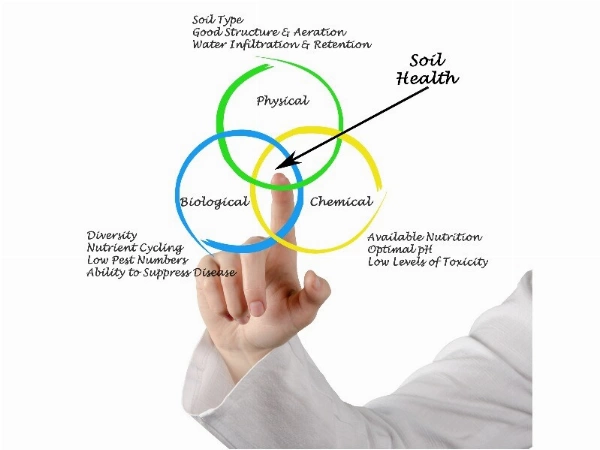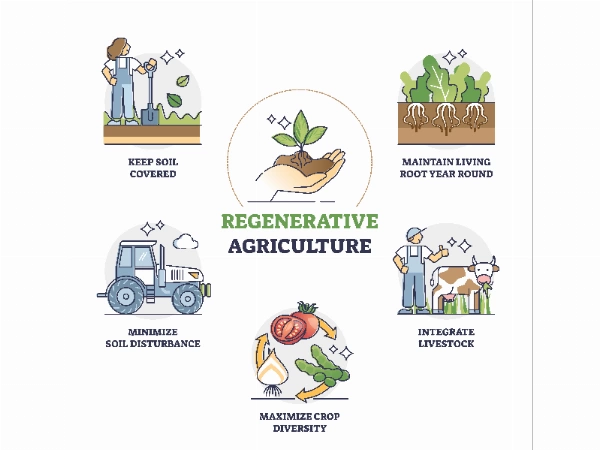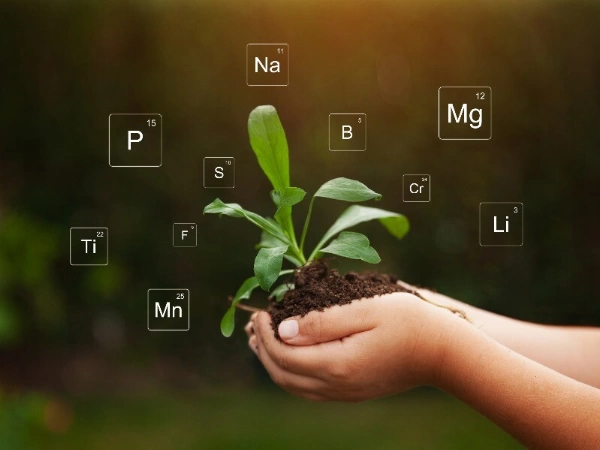Home
Machinery Brands
Farm Machinery for Sale
View All Machinery
New Machinery In Stock
Coming Soon Machinery
Seasonal Stock
Reduced Price Machinery
Agricultural Irrigation (2) Attachments (1) Cultivators (73) Discs (13) Drills (65) Grassland (9) Miscellaneous Parts (13) Other Equipment (10) Ploughs (23) Power Harrows (12) Presses (16) Rolls (8) Sprayers & Spreaders (6) Subsoilers (22) Tractors and Vehicles (1) Trailers (18)
Agricultural Irrigation (2) Attachments (1) Cultivators (73) Discs (13) Drills (65) Grassland (9) Miscellaneous Parts (13) Other Equipment (10) Ploughs (23) Power Harrows (12) Presses (16) Rolls (8) Sprayers & Spreaders (6) Subsoilers (22) Tractors and Vehicles (1) Trailers (18)
Hire Agricultural Machinery
Sell your Farm Machinery
Gaydon Farm, Kineton Road, Gaydon, Warwick CV35 0EP
+44 (0) 1926 640 637
sales@amtec.co.uk










